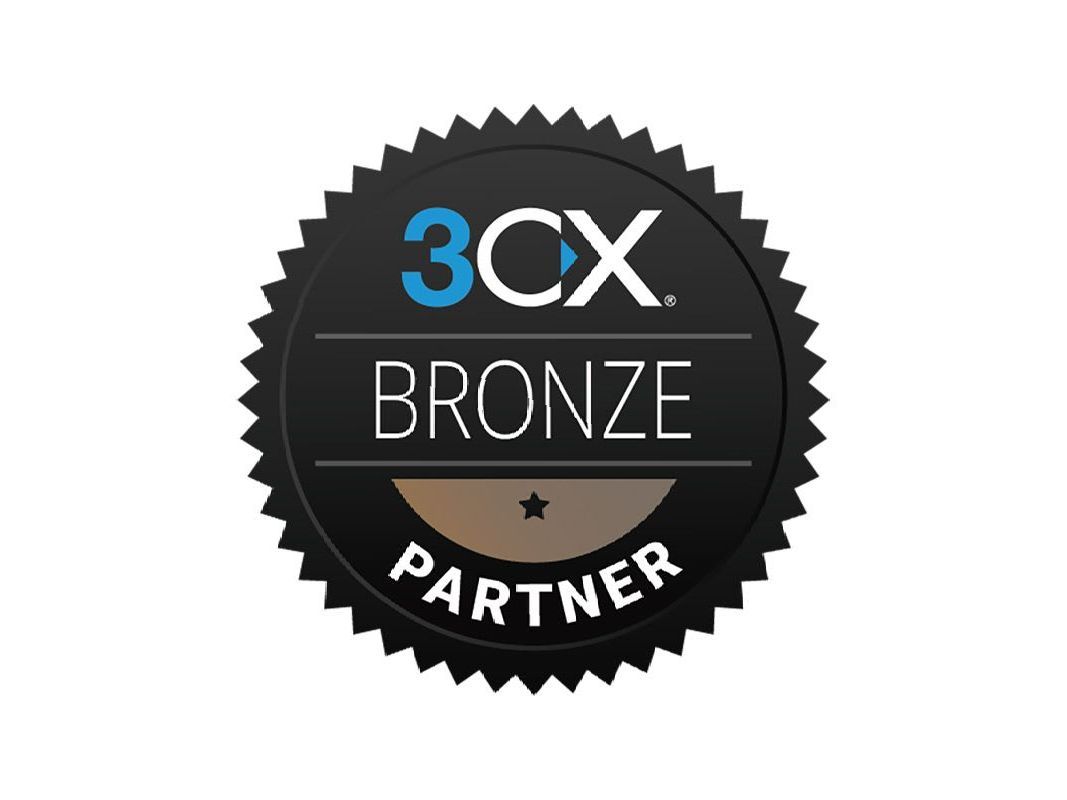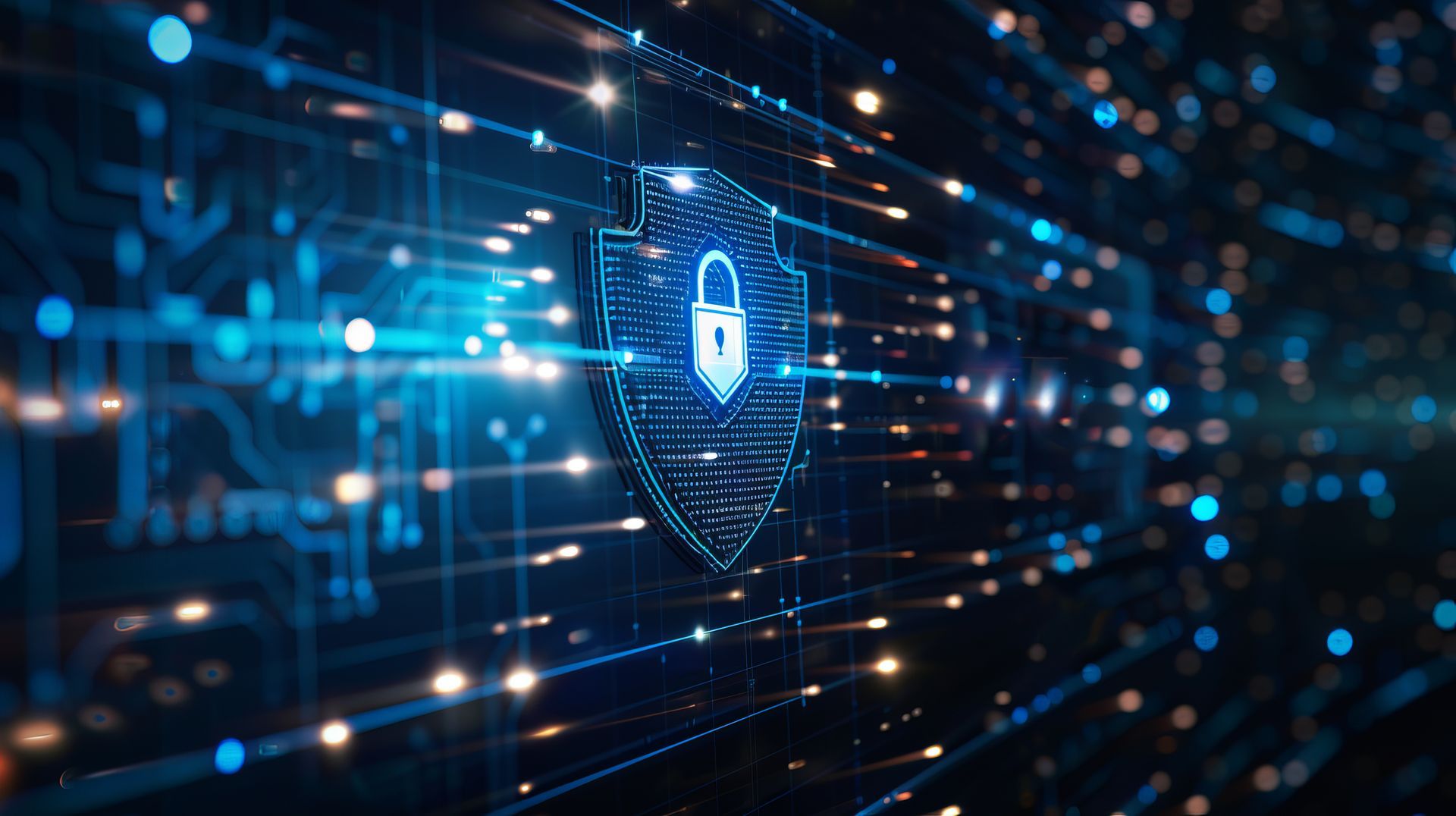Providing First Class IT Services Since 2007
SDTEK is a USA based team with over 70 years of combined technical engineering and IT support experience. We take pride in helping our fellow American businesses be successful in what they do best. We look forward to earning your trust and becoming your technology support partner for the years to come. All it takes is for you to book a meeting with our founder.
Some IT Companies need 10 reasons you should do business with them.
We only need 5!
1. Put us to the test—no contract 'til we're proven the best
Zero commitment in the first 90-Days
2. We've got your back guarantee
90-Day 100% Unconditional, no questions asked
3. First class service, zero second guesses
Priority service. Local staff. No call centers, no runaround
4. Business-first thinking. Tech-driven doing
Where business sense meets tech smarts for real-world results
5. Old school values, with future-focused mindset
Service, Delivery, Teamwork, Education, Keep it Simple & Fun
Each of Our Services Are Carefully Designed to Help Save Your Day
We are ready to be your dependable and highly qualified IT Team, don't wait to reach out!
90-Day Unconditional Guarantee on Monthly Services

Your Complete Satisfaction is our ONLY Goal!
As Seen on KUSI News
President and CEO, Scott Starost, of SDTEK was invited to San Diego’s KUSI News to share tips on how to shop safely on Cyber Monday. These are great and useful tips on how to shop securely on the internet and how not to become the target of a cyber attack. It was an honor for Scott and SDTEK to be a guest at KUSI!
And even though Cyber Monday doesn’t happen very often, we highly suggest practicing these tips all year long as you can never be too safe when it comes to cyber security. Take a look at the video below!


















